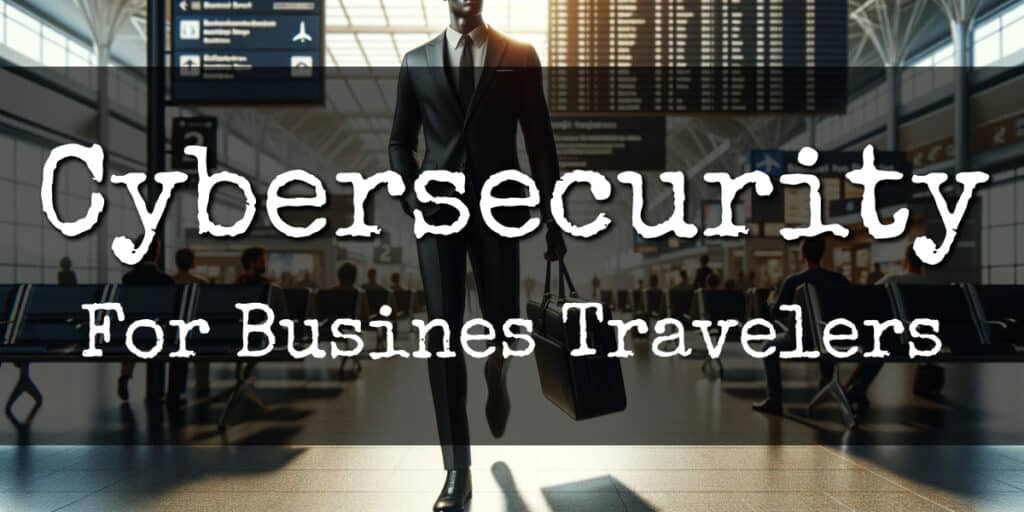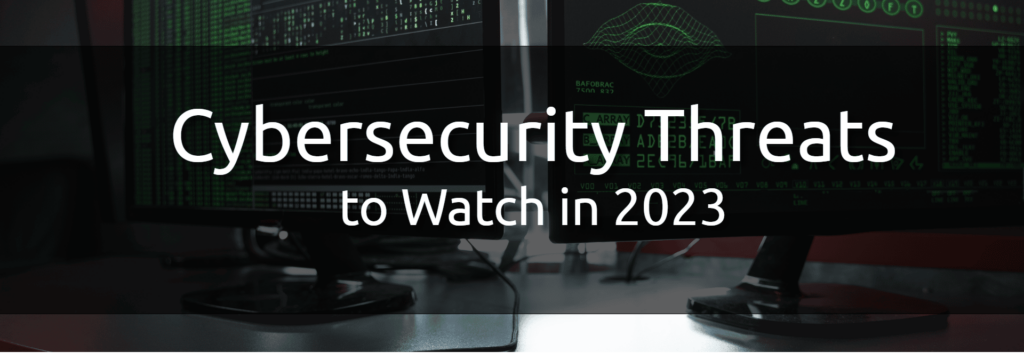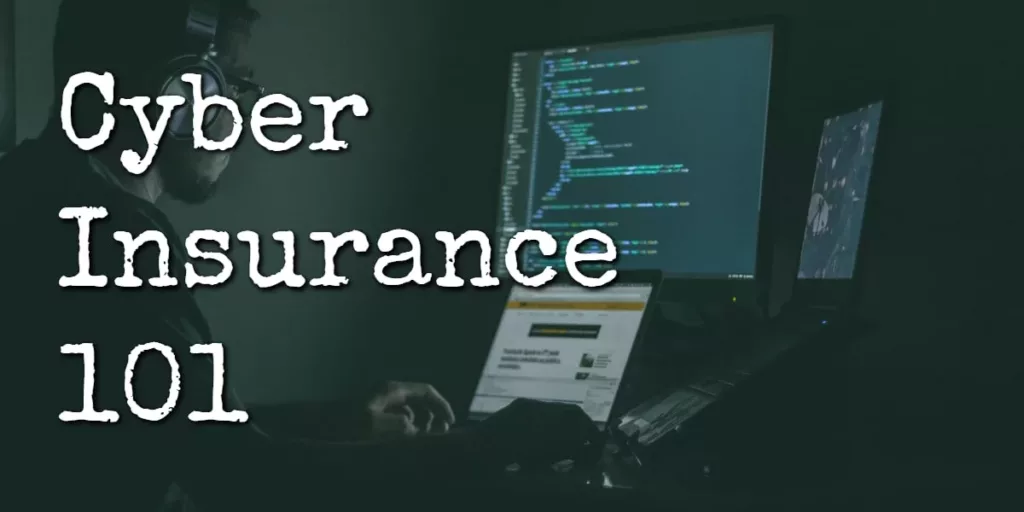As a business traveler, you’re constantly on the move, attending meetings, and closing deals. But have you considered the cybersecurity risks you face while traveling? In a world where cyber threats are becoming increasingly sophisticated, it’s essential to take precautions to safeguard your sensitive data and devices.
In this article, we’ll explore various aspects of cybersecurity tips for business travelers, from securing devices to managing location sharing on social media. Buckle up, and let’s dive in!
On This Page:
Securing Your Devices on the Go

When traveling for business, the last thing you need is a security breach compromising your sensitive data or, worse, your client’s data. That’s why it’s crucial to secure your devices, both physically and digitally, while on the go.
Device Physical Security
One of the biggest threats business travelers face is the risk of device theft. Losing your mobile devices, such as laptops, tablets, or smartphones, can be a major inconvenience and a potential security risk. So, how can you protect your devices from theft? Start by locking your devices with strong passwords or biometrics like fingerprint ID or facial recognition. Additionally, be cautious when using public charging stations, as they can pose a risk of juice jacking – a type of cyber threat where attackers compromise charging stations to steal data or infect devices with malware.
Another key aspect of physical security is being mindful of Bluetooth connectivity. While it may be convenient to have your devices paired with each other, leaving Bluetooth enabled can open the door for threat actors to hack into your devices. Make sure to disable Bluetooth when not in use and only enable it when necessary.
Using Antivirus Software
Protection from cyber threats is as vital as physical security. Installing and updating antivirus software on your devices can help shield them from malware, spyware, ransomware, and other malicious software. This is especially important when connecting to public Wi-Fi networks.
Keeping your antivirus software current ensures your devices are well-protected against cyberattacks during your business trip.
Staying Safe on Public Wi-Fi Networks
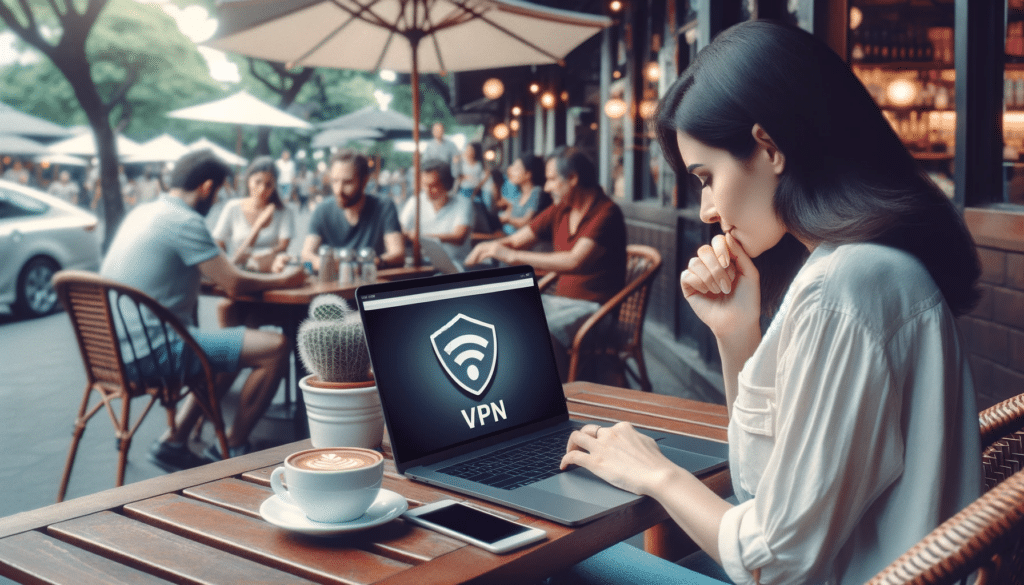
Public Wi-Fi networks are incredibly convenient, especially when you’re traveling and need to stay connected. However, they can also be a breeding ground for cybercriminals who exploit these networks to intercept your data. Understanding the risks of public Wi-Fi networks and knowing how to use Virtual Private Networks (VPNs) for a secure connection is crucial for safety.
Risks of Public Wi-Fi
Public Wi-Fi networks, such as those found in hotels, airports, and coffee shops, can be easily exploited by cybercriminals. Unencrypted Wi-Fi networks, often found in these public spaces, lack proper security measures, making it easy for hackers to intercept your data, steal your passwords, and even access your personal and business accounts.
Caution is required when connecting to public Wi-Fi networks; avoid accessing sensitive information or conducting financial transactions to prevent falling victim to malicious actors.
Using VPNs
To protect your data while connected to public Wi-Fi networks, use a VPN. A VPN creates an encrypted tunnel that shields your data from prying eyes, ensuring that even if a hacker manages to intercept your connection, they won’t be able to decipher the information being transmitted.
A VPN allows safe access to corporate email and company documents on unsecured public networks, mitigating the risk of data theft or security breaches.
Protecting Sensitive Data While Traveling
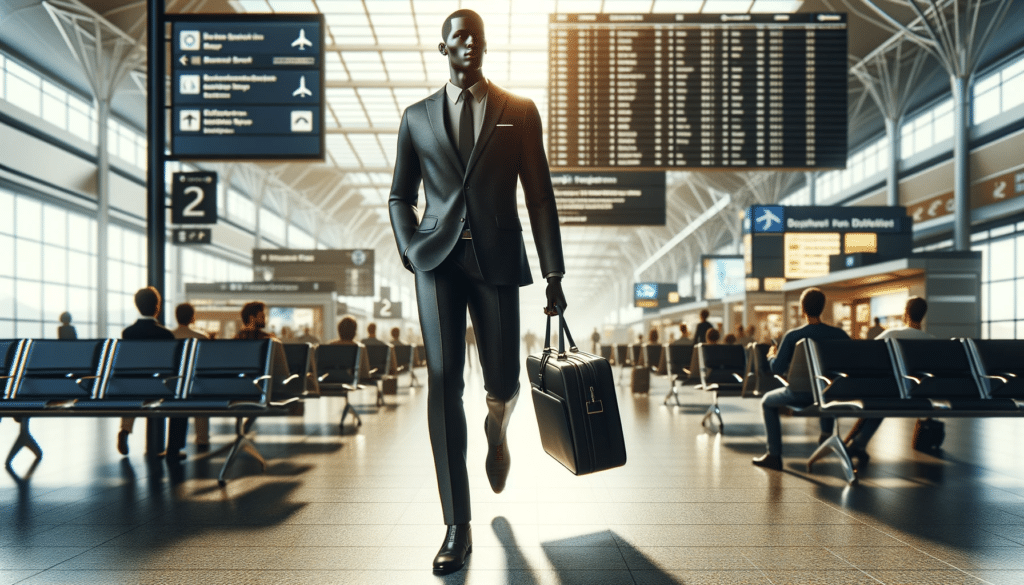
Traveling for business often involves handling sensitive data, whether it’s client information, financial records, or internal company documents. It’s essential to take necessary precautions to store and share this data while on the go securely.
Data Storage
Backing up your data to the cloud or an external hard drive is a beneficial step before embarking on a business trip. This way, you can ensure your data remains secure and accessible in case of device loss or technical issues during your trip. Additionally, try to minimize the amount of sensitive information stored on your devices to reduce the risk of data breaches in case of theft or unauthorized access.
Encrypting your data is another crucial step in securing your sensitive information while traveling. Encryption scrambles your data, making it unreadable to anyone without the proper decryption key. Encrypting your data allows you to securely store and access sensitive information on your devices, safe from unauthorized access.
Secure File Sharing
Sharing files with colleagues or clients while traveling is often necessary, but it’s essential to do so securely. Using encrypted file-sharing services can help protect your data while in transit, ensuring that only the intended recipient can access the information. Utilizing secure file-sharing solutions enables you to confidently share sensitive data, as it remains safeguarded from prying eyes.
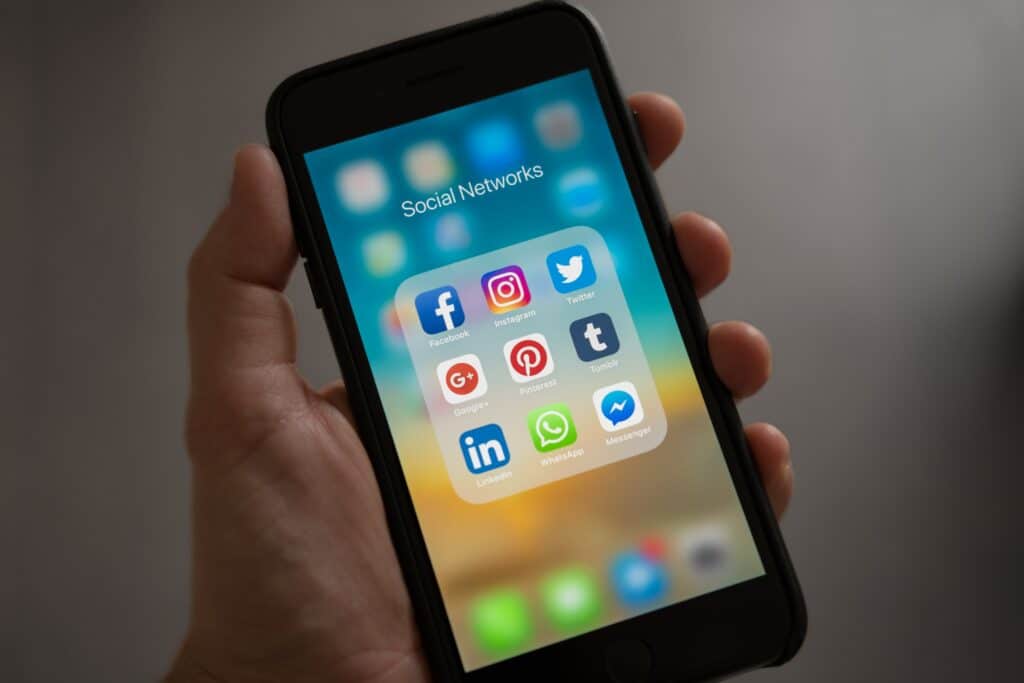
Social media is a powerful tool for staying connected with friends, family, and colleagues while traveling. However, it’s important to be cautious about sharing your location and other personal information on social media platforms.
Dangers of Oversharing
Oversharing on social media can make you vulnerable to cyberattacks and physical threats. Posting your location, travel plans, or personal information can provide cybercriminals with enough details to target you for phishing attacks, identity theft, and even physical robbery.
Being mindful of your online posts and limiting personal information shared on social networking sites is key to avoiding these risks.
Minimizing Location Sharing
Limiting location sharing on social media and other platforms can go a long way in protecting your privacy and security. By not broadcasting your whereabouts, you reduce the chances of being targeted by cybercriminals or other malicious individuals. To minimize location sharing, adjust your privacy settings on social media platforms, and be cautious about granting location access to apps and services.
Keeping Software and Operating Systems Updated
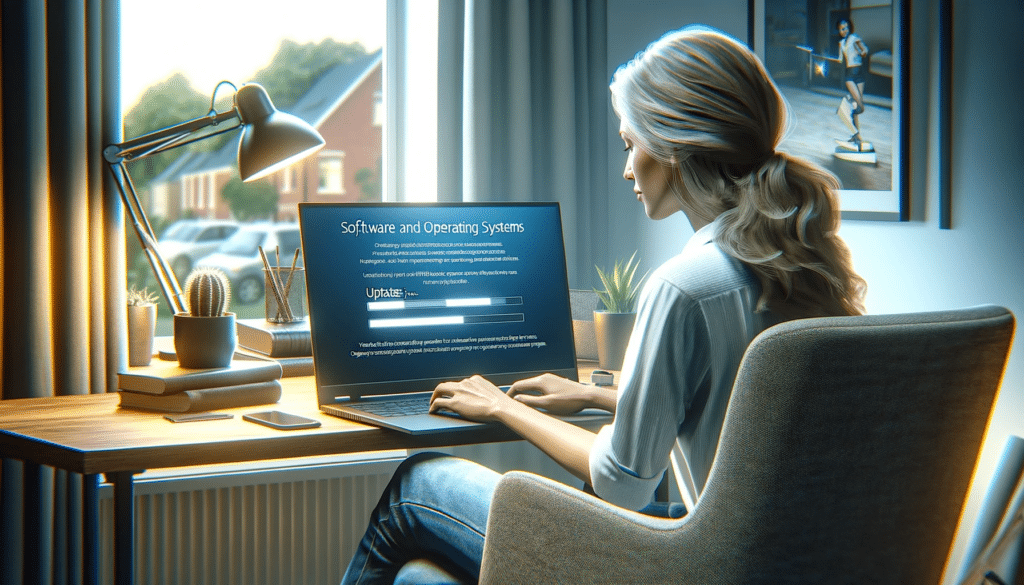
Keeping your software and operating systems updated is crucial for protecting your devices and data against vulnerabilities and ensuring optimal performance.
Updating Software
Regularly updating your software is essential for patching security vulnerabilities and improving performance. Keeping up with software updates shields your devices from exploit kits and new malware that target unsuspecting users. Make it a habit to update your software before and during your business trip to ensure your devices remain secure and perform optimally.
Operating System Updates
Keeping your operating system updated is equally important in protecting your devices against cyber threats and ensuring optimal performance. Updated operating systems include the latest security patches, which can help protect your devices against malicious attacks and vulnerabilities.
Keeping your operating system current also enhances device performance and stability, contributing to a productive, hassle-free business trip.
Account Security
Implementing Multi-Factor Authentication (MFA)
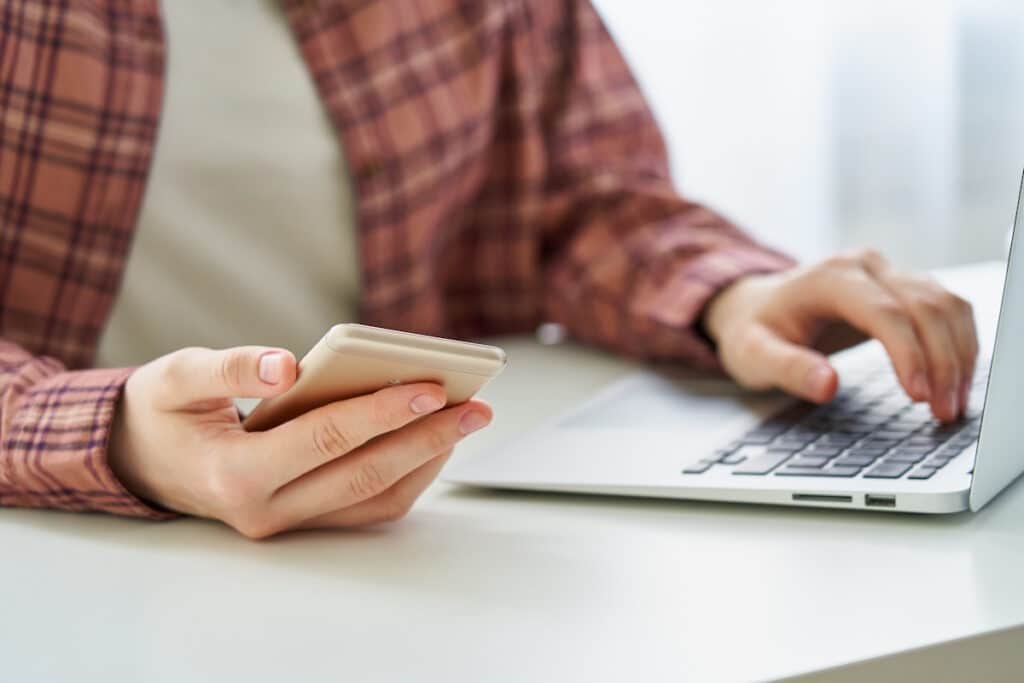
Account security is a top priority for business travelers, and one effective way to strengthen it is by implementing Multi-Factor Authentication (MFA) or Two-Factor Authentication (2FA). MFA adds an extra layer of security to your accounts, making it more difficult for hackers to gain unauthorized access.
MFA fortifies your accounts with an additional security layer, making unauthorized access challenging for hackers, even if they manage to steal your credentials. Implementing MFA significantly enhances the security of your personal and business accounts while traveling.
To enable MFA or 2FA on your devices and online accounts, check the security settings of your accounts for an option to enable MFA. Different online services may offer various authentication factors, such as hardware tokens, soft tokens, SMS/text messages, phone calls, emails, or security questions.
Activating MFA safeguards your personal and business information from unwarranted access, facilitating a safer, more secure business journey.
Using a Password Manager
Password managers are another effective tool for securing your accounts while traveling. These tools securely store your passwords and automatically fill them in when you log into websites, making it easier to use unique, complex passwords for each of your accounts.
The best password managers offer features like password generation and breach notifications, further enhancing your account security. Using a password manager can help protect your accounts from unauthorized access, even if your device is lost or stolen.
Avoiding Phishing Attacks and Email Scams
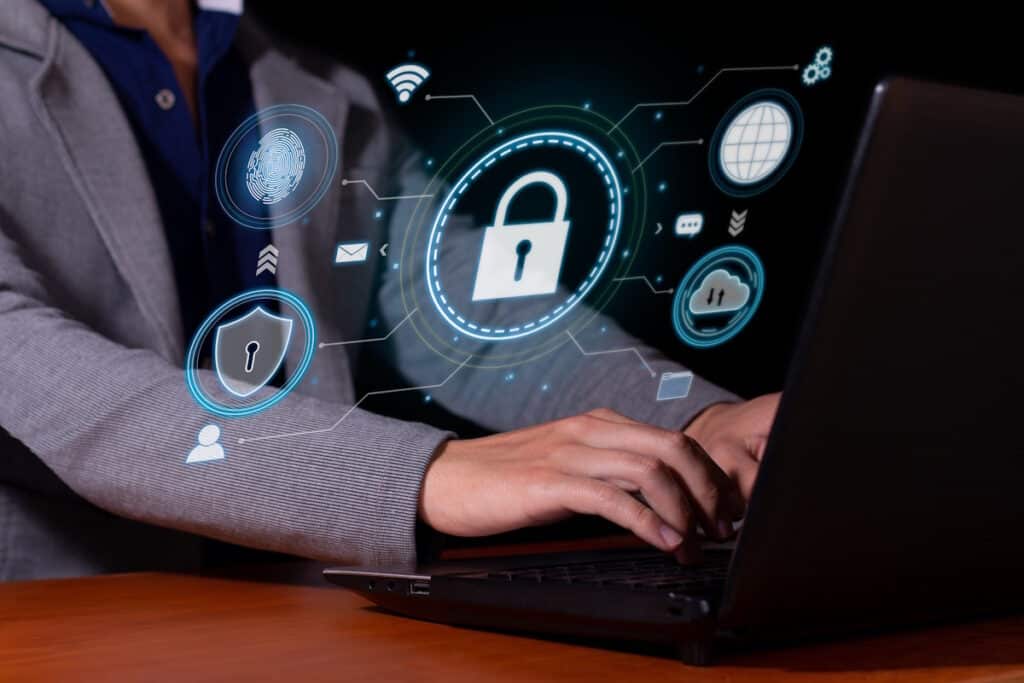
Phishing attacks are a prevalent threat that business travelers need to be aware of, as they can potentially lead to a data breach. These attacks aim to trick users into revealing sensitive information, such as passwords or credit card numbers, by impersonating a trustworthy source.
Recognizing Phishing Attempts
To identify phishing attempts, be on the lookout for red flags in emails, text messages, and phone calls. This may include:
Suspicious sender addresses
Poor grammar
Unusual requests
A sense of urgency to take action
Before responding to any requests or clicking on links, verify the sender’s identity by cross-checking their official contact details.
In addition to email scams, be aware of vishing and smishing attacks, where scammers use phone calls or text messages, respectively, to deceive users into revealing sensitive information. Like email phishing, these attacks often impersonate legitimate organizations and exploit a sense of urgency to trick users. Stay vigilant and verify the authenticity of any unsolicited communication to protect yourself against these threats.
Preventive Measures
Strengthening your mobile security, educating yourself about phishing scams, and reporting incidents to the appropriate authorities are crucial steps in protecting against smishing and other phishing attacks. Ensure your devices are protected with antivirus software and keep your operating system up to date to limit threats.ess accounts from possible security breaches.
Summary
Cybersecurity is a critical aspect of business travel that cannot be overlooked. By following the tips and best practices outlined in this blog post, you can secure your devices, protect sensitive data, and minimize the risk of cyber threats while on the go. Remember to stay vigilant, be cautious when using public Wi-Fi networks, and always prioritize your privacy and security. Safe travels, and stay cyber secure!
